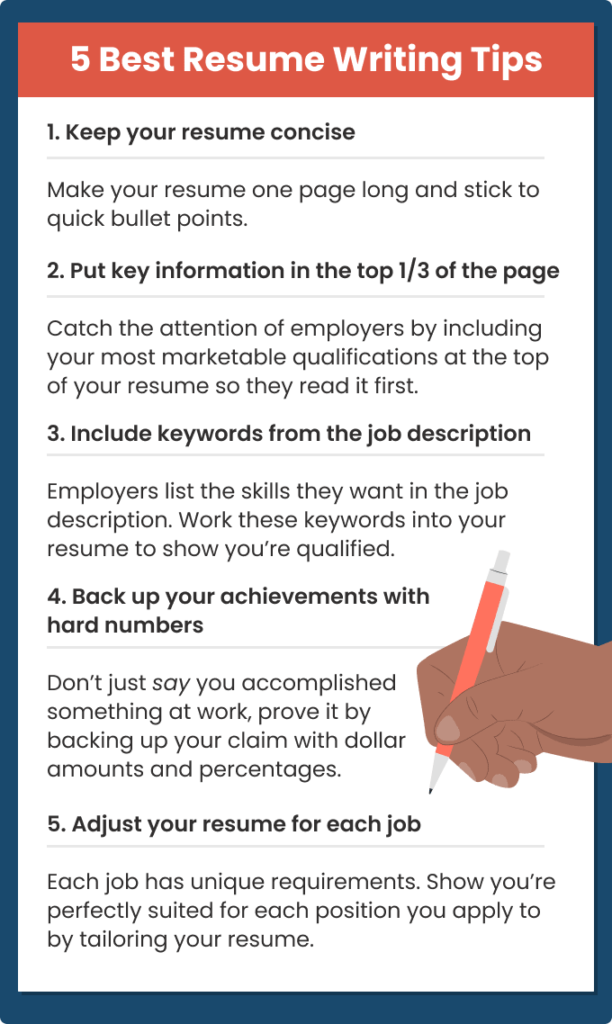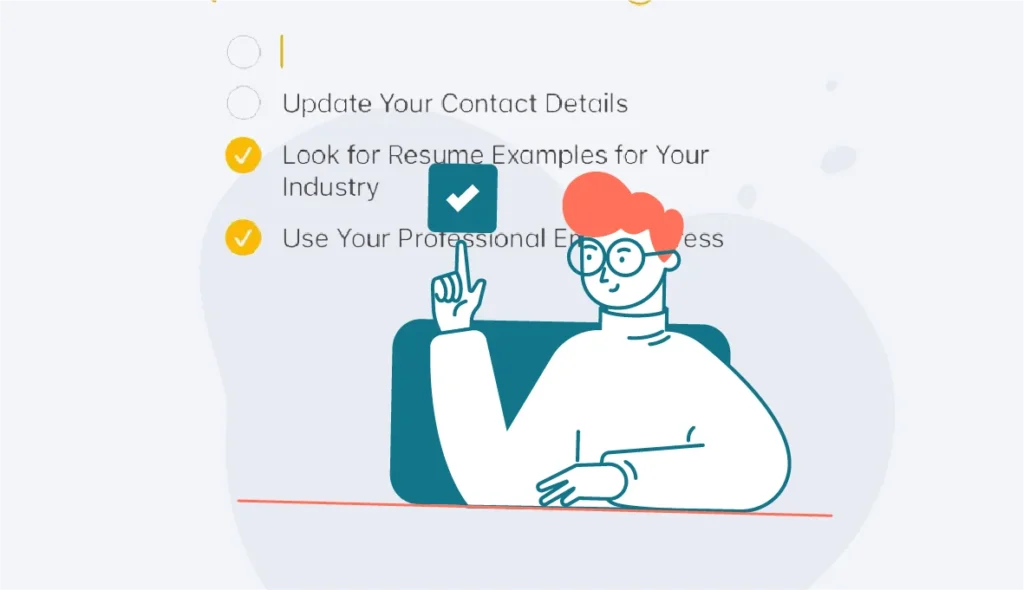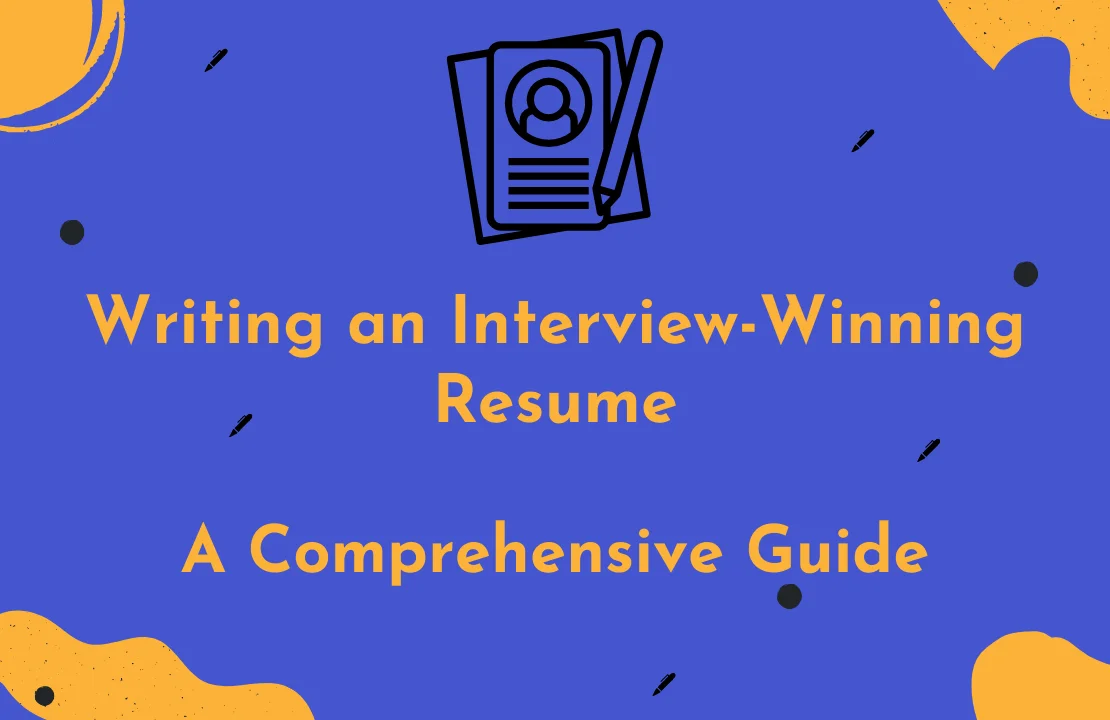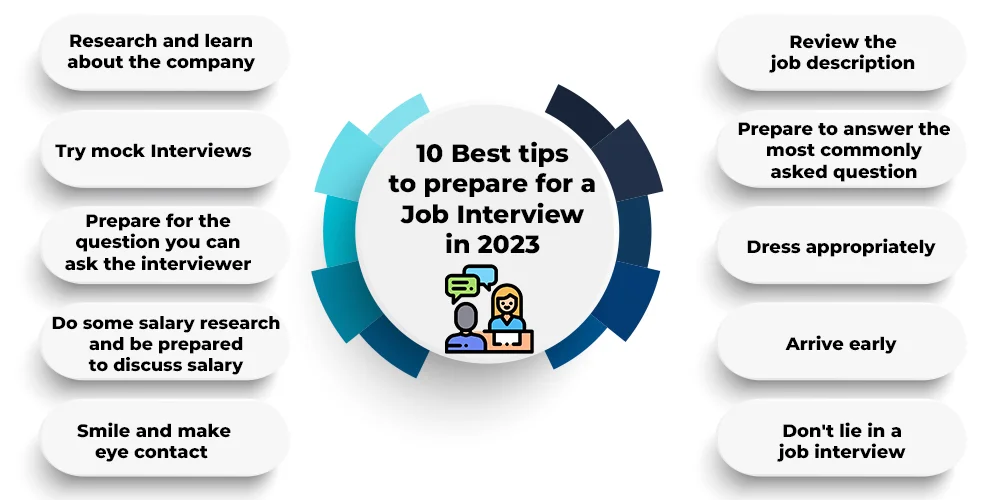Resume writing tips and best practices: When it comes to job hunting, your resume is your ticket to getting noticed by potential employers. A well-crafted resume can open doors, while a poorly written one can quickly land your application in the rejection pile. To help you craft a standout resume that catches the attention of hiring managers, we’ve compiled a comprehensive guide filled with tips and best practices.
Resume Writing Basics and best practices

- Select the right format
Before diving into the content, decide on the format of your resume. The three most common formats are chronological, functional, and composite. Choose the one that best showcases your qualifications and work history. - Keep it brief
Recruiters and hiring managers often have limited time to review resumes. Aim for a one-page resume for entry-level positions and up to two pages for more experienced roles. Be brief and to the point. - Use a clear and legible font
Choose a professional font such as Arial, Calibri or Times New Roman in a size between 10 and 12 points. Make sure your resume is visually appealing and easy to read.
Resume writing tips and best practices Creating content
- Start with a strong summary
Your resume should begin with a compelling summary statement or objective that briefly outlines your career goals and what you bring to the table. Tailor it to the specific job you are applying for. - Emphasize achievement
Instead of simply listing your job duties, focus on your accomplishments and measurable achievements. Use metrics and numbers to demonstrate your impact on previous employers. - Organize your resume
Customize your resume for each job application. Highlight relevant skills and experiences that align with specific job requirements. A one-size-fits-all approach is less effective.
main section
- Contact Information
Make sure your contact information is accurate and up-to-date. Include your full name, phone number, email address and LinkedIn profile (if applicable). - Work experience
List your work experience in reverse chronological order, starting with your most recent job. Include company name, job title, dates of employment, and a brief description of your responsibilities and accomplishments. - Education
Give details about your educational background including name of institution, degree earned, date of graduation and relevant honors or awards. - Skills
Highlight your key skills and abilities that are relevant to the job. Use a mix of hard skills (eg, programming languages) and soft skills (eg, communication).
style and format
- Use bullet points
Present information in a clear and organized manner using bullet points. This makes it easy for employers to quickly scan your resume. - Action words
Use action verbs like “achieved,” “managed,” “implemented,” and “planned” to effectively communicate your contributions. - Be consistent
Maintain consistency in formatting, such as using the same style for headings, bullet points, and dates. A polished and consistent resume demonstrates attention to detail.
Proofreading and editing

- Thoroughly proofread
Typos and grammatical errors can be resume killers. Proofread your resume multiple times and ask a friend or family member to review it. - Use keywords
Many companies use applicant tracking systems (ATS) to screen resumes. Include relevant keywords from job postings to increase your chances of passing through initial screening.
Creating an effective resume takes time and attention to detail, but it’s an essential step in your job search journey. By following these resume writing tips and best practices, you can create an attractive document that sets you apart from the competition. Remember to tailor each resume to the specific job you are applying for and keep it concise, visually appealing, and error-free. A well-crafted resume is key to landing interviews and ultimately securing your dream job. Good luck!
Read Also: Big Game Hunting Rifles and Optics
![]()






One thought on “Resume writing tips and best practices”